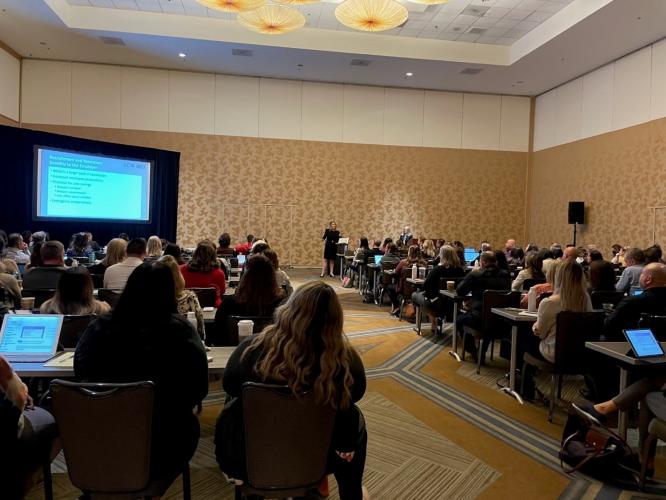- Home
- California's Counties
- AT HOME Plan
- CSAC Advocacy
- Priorities and Policy Areas
- CSAC Platforms
- State Budget
- Administration of Justice
- Agriculture, Environment & Natural Resources
- Government Finance & Administration
- Health and Human Services
- HHS Recent News
- HHS Issue Areas
- HHS Bill Reports
- HHS Meetings
- About HHS
- Housing, Land Use & Transportation
- Bills of Interest
- California Air Resources Board (CARB)
- SB 1: The Road Repair and Accountability Act of 2017
- Letters
- CEQA Reform
- Federal Surface Transportation Authorization
- CSAC Bulletin Articles
- SB 375 and Sustainable Communities
- Statewide Local Streets and Roads Needs Assessment
- Agendas and Meeting Materials
- CSAC Policy and Principles
- Resources
- Native American Issues
- Counties and Climate Change
- Federal Issues
- Ballot Measure Reports
- Legislative Tracking
- Data and Research
- CSAC Litigation Coordination Program
- Legislative Staff
- Priorities and Policy Areas
- Education & Events
- CSAC Programs
- About CSAC
- Calendar
- News & Resources
CSAC Bulletin Article








































